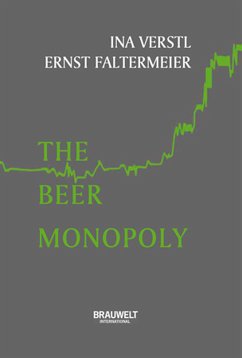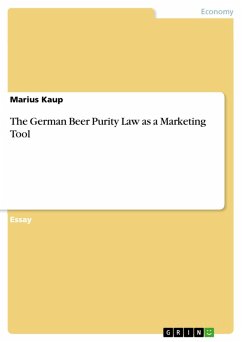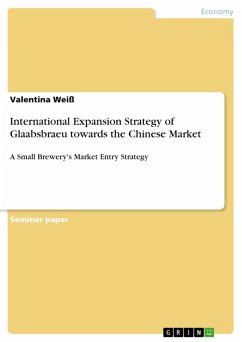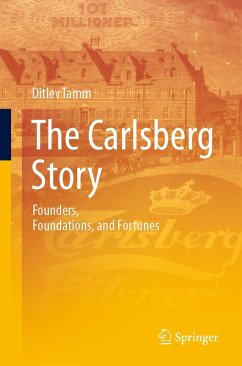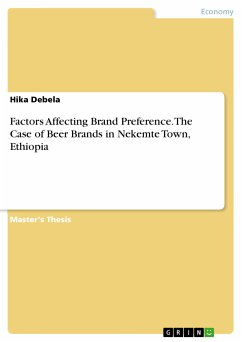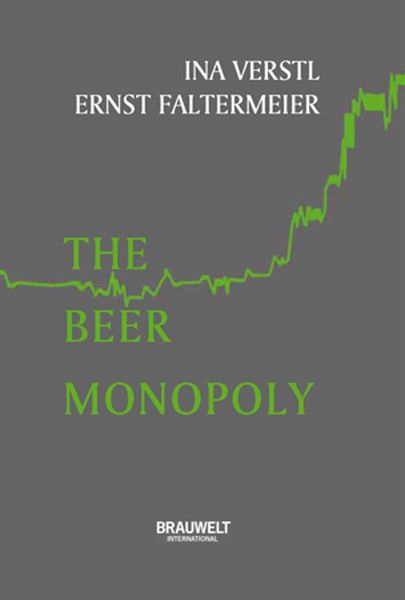
The Beer Monopoly (eBook, PDF)
How brewers bought and built for world domination
Versandkostenfrei!
Sofort per Download lieferbar
Statt: 14,90 €**
12,99 €
inkl. MwSt. und vom Verlag festgesetzt.
**Preis der gedruckten Ausgabe (Broschiertes Buch)
Alle Infos zum eBook verschenkenWeitere Ausgaben:

PAYBACK Punkte
0 °P sammeln!
How could a small Belgian brewer become the world's largest brewing group within two decades? Interbrew's transformation into InBev and then into Anheuser-Busch InBev (AB-InBev) is emblematic of the race for unchallenged market domination between the world's four biggest brewing companies. The Beer Monopoly explores how this happened and examines the economic drivers behind globalisation. AB-InBev's takeover of SABMiller - the world's number one and two brewers respectively - closes an amazig epoch in beer history. This book charts the fascinating rise of these two brewing ginants as they show...
How could a small Belgian brewer become the world's largest brewing group within two decades? Interbrew's transformation into InBev and then into Anheuser-Busch InBev (AB-InBev) is emblematic of the race for unchallenged market domination between the world's four biggest brewing companies. The Beer Monopoly explores how this happened and examines the economic drivers behind globalisation. AB-InBev's takeover of SABMiller - the world's number one and two brewers respectively - closes an amazig epoch in beer history. This book charts the fascinating rise of these two brewing ginants as they showed that dealmaking provided a faster path to profit growth than any sales hike could ever accomplish. The importance of deals - those made and those missed - is also visible in the track record of Heineken and Carlsberg, the brewers on the next two rungs of the global ladder. While all of these brewers pursued the goal of building empires, each had different reasons and faced a viriety of obstacles along the way. Sharing a keen interest in the brewing industry - not to mention a passion beer - two economists, Ina Verstl and Ernst Faltermeier, have provided a timely out-of-the-box analysis of globalisation.
Dieser Download kann aus rechtlichen Gründen nur mit Rechnungsadresse in A, B, BG, CY, CZ, D, DK, EW, E, FIN, F, GR, H, IRL, I, LT, L, LR, M, NL, PL, P, R, S, SLO, SK ausgeliefert werden.




